Protect Your Family's Future: Avoid These 12 Common Estate Planning Mistakes
If you've avoided the most common estate planning mistakes, your family will thank you.

Kathryn Pomroy

Profit and prosper with the best of Kiplinger's advice on investing, taxes, retirement, personal finance and much more. Delivered daily. Enter your email in the box and click Sign Me Up.
You are now subscribed
Your newsletter sign-up was successful
Want to add more newsletters?

Delivered daily
Kiplinger Today
Profit and prosper with the best of Kiplinger's advice on investing, taxes, retirement, personal finance and much more delivered daily. Smart money moves start here.

Sent five days a week
Kiplinger A Step Ahead
Get practical help to make better financial decisions in your everyday life, from spending to savings on top deals.

Delivered daily
Kiplinger Closing Bell
Get today's biggest financial and investing headlines delivered to your inbox every day the U.S. stock market is open.

Sent twice a week
Kiplinger Adviser Intel
Financial pros across the country share best practices and fresh tactics to preserve and grow your wealth.

Delivered weekly
Kiplinger Tax Tips
Trim your federal and state tax bills with practical tax-planning and tax-cutting strategies.

Sent twice a week
Kiplinger Retirement Tips
Your twice-a-week guide to planning and enjoying a financially secure and richly rewarding retirement

Sent bimonthly.
Kiplinger Adviser Angle
Insights for advisers, wealth managers and other financial professionals.

Sent twice a week
Kiplinger Investing Weekly
Your twice-a-week roundup of promising stocks, funds, companies and industries you should consider, ones you should avoid, and why.

Sent weekly for six weeks
Kiplinger Invest for Retirement
Your step-by-step six-part series on how to invest for retirement, from devising a successful strategy to exactly which investments to choose.
Estate planning mistakes can derail the best laid plans to protect your family's financial future — from having no plan at all to outdated documents or choosing the wrong executors.
Learning the basics of estate planning benefits everyone — it's about empowering the people you trust the most to handle your medical, financial and legal affairs if, or when, you can't.
Having a comprehensive estate plan will also spare your heirs the pain and expense of determining how to allocate your money and property while they’re sad and grieving.
From just $107.88 $24.99 for Kiplinger Personal Finance
Become a smarter, better informed investor. Subscribe from just $107.88 $24.99, plus get up to 4 Special Issues

Sign up for Kiplinger’s Free Newsletters
Profit and prosper with the best of expert advice on investing, taxes, retirement, personal finance and more - straight to your e-mail.
Profit and prosper with the best of expert advice - straight to your e-mail.
What is an estate plan?
An estate plan consists of several legal documents that lay out what happens to your assets and liabilities when you die or become incapacitated. At the very least, it will consist of a last will and testament, a living trust, an advance directive, and a power of attorney.
While you might feel an estate plan is unnecessary because you lack sufficient assets to pass along to your family, it isn't all about the money. It also entails ensuring your wishes about future medical care are understood. An estate plan can also drastically reduce the potential for family disagreements.
One of the biggest disadvantages to not developing an estate plan while you’re healthy and of sound mind is that you remove the ability to make hard decisions on your own.
In this case, the court might determine how to distribute your assets, or worse, your entire estate can go to the state. That's why it's critically important to make smart estate planning moves now, and why everyone, from millionaires to people just starting out, should have an estate plan.
Common estate planning mistakes to avoid
Creating an estate plan can be complex and emotionally challenging, which might explain why fewer than one in three Americans have a will or any estate planning documents, according to Caring's 2025 Wills and Estate Planning survey.
What's even more concerning is that around a quarter of those surveyed who didn't have a will said they never plan to create one, and more than 40% of respondents said they wouldn't execute a will until they faced a major health crisis.
However, you can never make an estate plan too soon, because you never know when it will be too late. To avoid trouble down the road, steer clear of these 12 common estate planning mistakes.

1. Procrastinating
You don’t want to be without an estate plan if you become incapacitated because of a health emergency, such as a stroke or heart attack. Yet, 43% of Americans without a will said they plan to wait for a medical diagnosis to create a will, the Caring.com survey found.
This wait-and-see strategy raises two serious problems:
First, your loved ones might face lengthy legal proceedings to access your estate if you die without a will.
Second, without an advance directive, a section of an estate plan that dictates your medical preferences if you're incapacitated, your family won't know what kind of care you prefer.
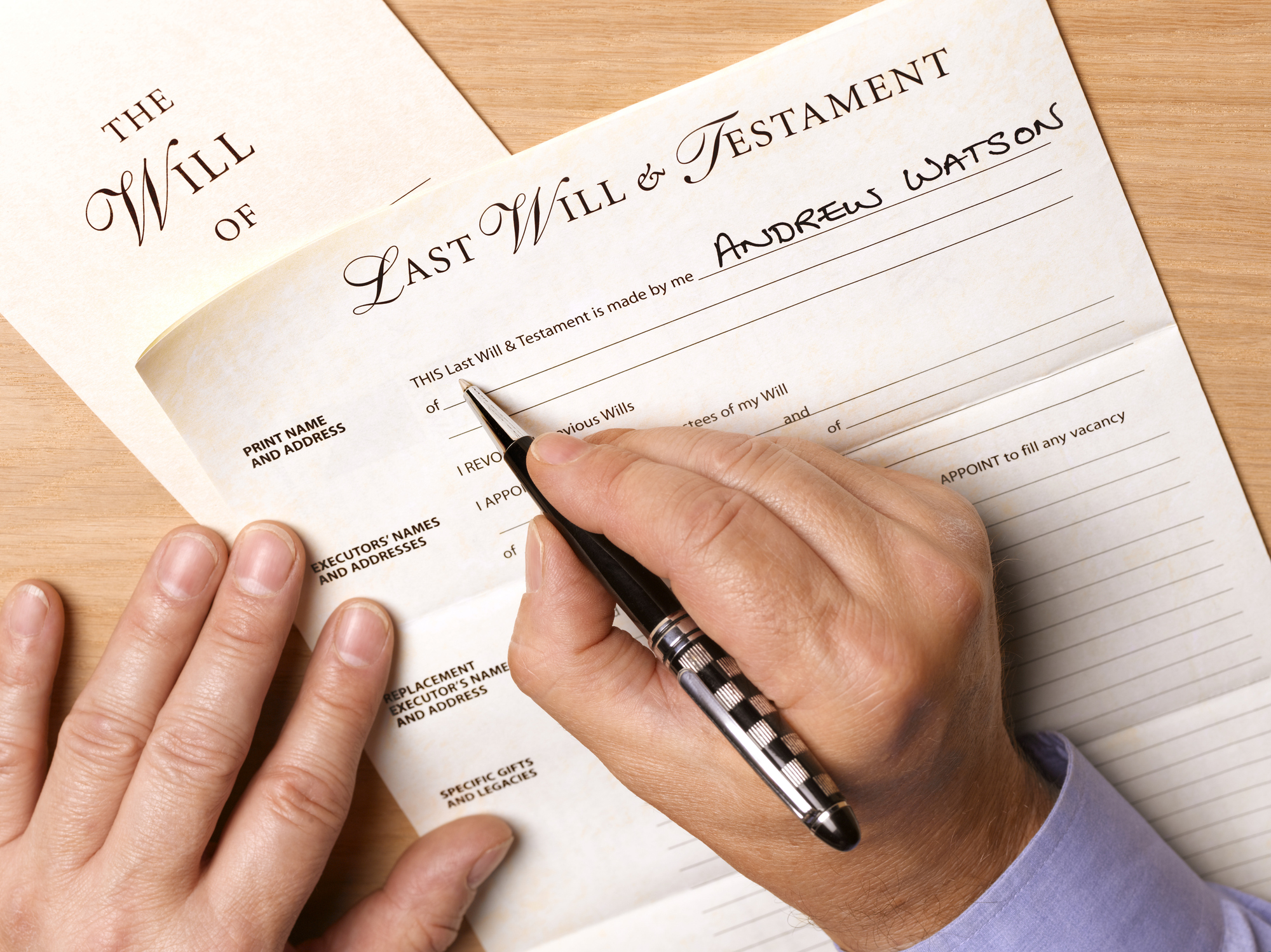
2. Creating an estate plan on your own
Estate-planning documents that are incomplete or contain errors can cause complications when you pass. Consider hiring an estate attorney who understands the legalese to help you craft a comprehensive estate plan.
Generally, estate lawyers charge from $150 to $500 per hour for an estate plan, depending on the complexity of the client’s assets, according to Greiner Law Corp.
However, many estate attorneys offer free initial consultations or charge a flat fee for, say, drawing up a will. Fortunately, there are ways to save money on an estate plan.
Read: How to Save Money on Estate Planning to find out how.
You can find an estate attorney in your area using an online directory such as Justia, Legal Match, or the American College of Trust and Estate Counsel (ACTEC).

3. Leaving loved ones uninformed
Sharing your estate plan with your family and heirs can help prevent confusion, conflict and unnecessary stress. Although the conversation can be difficult as you face your own mortality, it's important to sit down with the relevant people in your life and have an open conversation about your intentions while you still can.
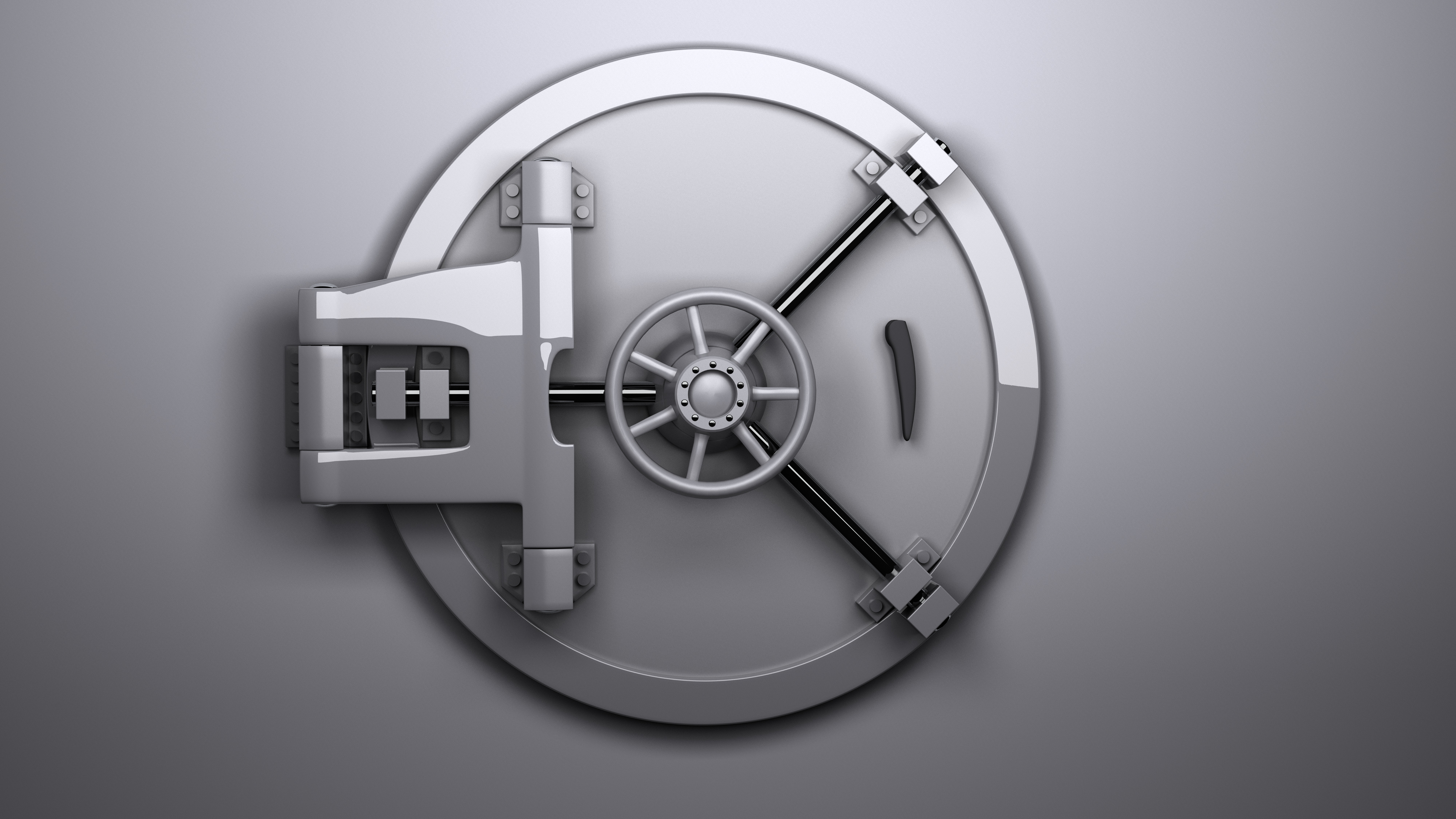
4. Keeping documents locked up
Estate documents kept tucked in a safety deposit box or a safe in your home might be difficult to access. Instead, provide copies of your estate plan to your appointed executor or trustee, a trusted family member and your estate lawyer. Make sure all family members have contact information for each of these people.
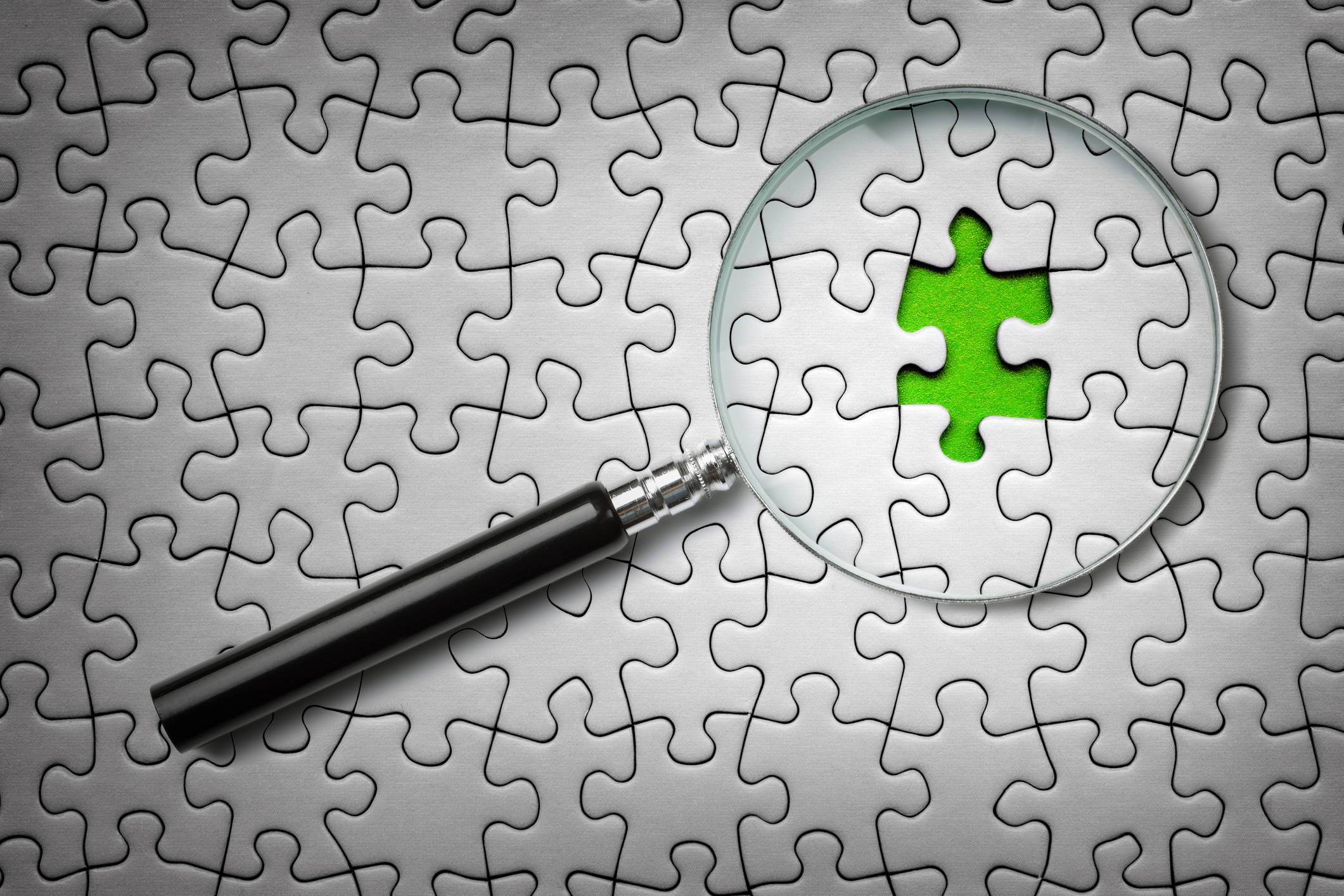
5. Missing key documents
An incomplete estate plan can create a heap of problems — and the potential for disputes among heirs when you pass. Make sure your plan includes these essential documents:
- Last will and testament. Often simply referred to as a "will," a last will and testament outlines your final wishes and instructions for the distribution of your assets and the management of your affairs after you pass.
- Beneficiary designations. Make sure to assign beneficiaries for bank accounts, 401(k) and IRA accounts, pensions and life insurance policies.
- Durable power of attorney for medical care. This appoints a person to make medical decisions for you if you should become mentally or physically incapable of making them yourself. It often includes an advanced health care directive, which instructs your family and doctors to use or not to use life support.
- Durable financial power of attorney. This assigns an individual to manage your assets if you become incapacitated.
- Funeral instructions. Specify whether you’d like a burial or a cremation and the type of funeral service you want.
- Proof of identity. Gather your Social Security card, birth certificate, marriage and/or divorce certificate and any prenuptial agreements.
- Deeds or loans for large assets. Collect this paperwork for homes, boats and other big assets.
- A living trust or a revocable trust. A living trust is not required for estate planning, but it might help your heirs with a smoother transfer of assets after you die.

6. Overlooking digital assets
Many people forget to account for their digital assets, such as cryptocurrencies, social media accounts, cloud storage and digital files when creating an estate plan. Consider assigning a digital fiduciary for your estate plan who has the right to access your digital assets when you pass.

7. Forgetting about final arrangements
No one eagerly dives in to plan their own funeral or final arrangements. If you're young, you think you'll live forever; if you're older, the inevitable is too close for comfort.
Making final arrangements, setting aside money for a funeral, choosing a burial plot, picking out songs and deciding on a coffin or other vessel makes it easier for those you leave behind.
Besides, funerals can be expensive. Today, the average funeral remains steady at about $8,300, including a burial service and viewing, depending on where you live. If you add a vault, you might pay close to $10,000. The median cremation cost is still $6,300, according to the National Funeral Directors Association.
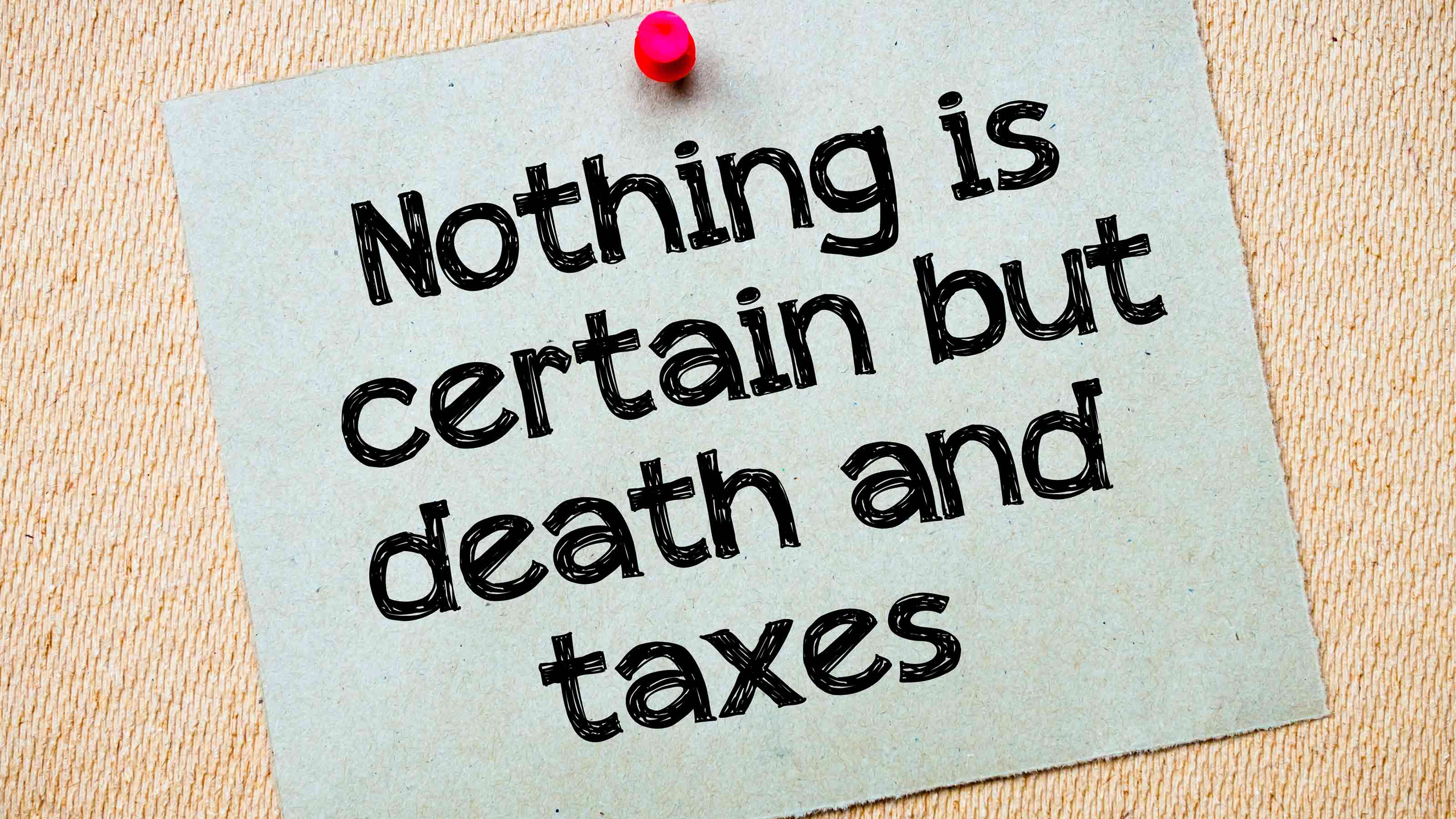
8. Forgetting about taxes
Estate tax liability can put a dent in any plan. But unless your estate is very large — $15,000,000 in 2026 (up from $13,990,000 in 2025) — you might not have to worry because your estate won't be taxed at the federal level. Keep in mind, thanks to recent legislation (the One Big Beautiful Bill Act), the exemption has been permanently increased and indexed for inflation—no reversion to the former $5 million limit is expected.
In addition, your state might or might not have a state estate tax, so check this out before you write up your will or trust. More than 30 states have no death taxes and six states have significant death taxes.
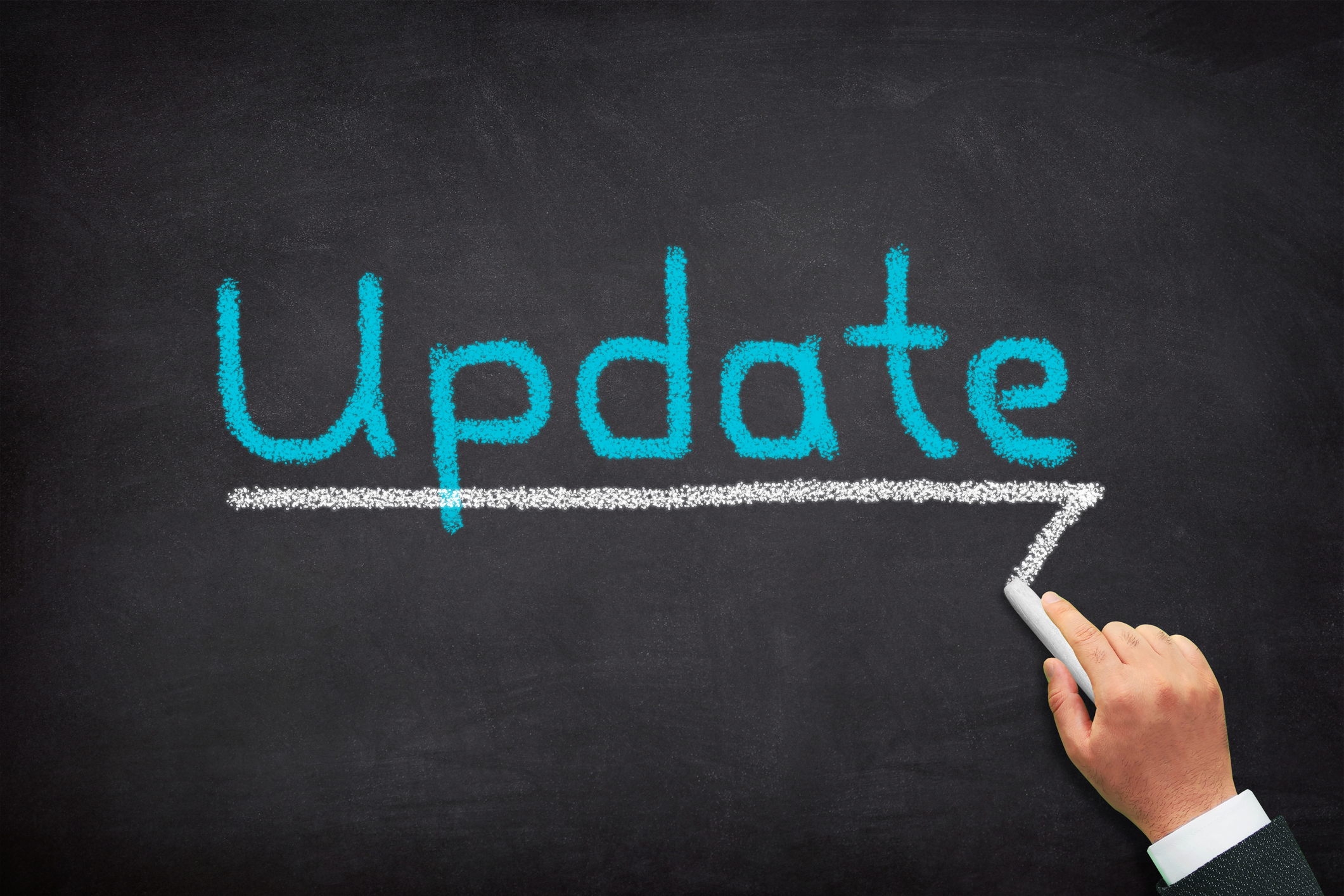
9. Not updating your plan
Don't worry about updating your estate plan every month or even every year. However, reviewing and revising your estate plan after major life events — a marriage, divorce, birth of children or grandchildren, or the acquisition of new assets — can prevent unwanted consequences, such as your assets being passed to unintended beneficiaries.
Because your assets might change, as well as your personal options, beliefs and relationships, it’s still a good idea to go through your estate plan about every three to five years.

10. Appointing the wrong executor or trustee
No matter how much time and effort you put into planning your estate, your wishes might backfire if the wrong executor is chosen. Choosing someone who might have a conflict of interest can lead to problems when it comes time for them to administer your estate wishes. Select an individual (or individuals) who is unbiased, and get their permission before you assign them as an executor or trustee.

11. Being unaware of how recent legislation has changed estate planning
The "One Big Beautiful Bill," which was signed into law by President Trump this past July, has stabilized estate planning by not only permanently extending but also enhancing key provisions from the 2017 Tax Cuts and Jobs Act (TCJA). Essentially, the Bill raises the federal estate, gift, and generation-skipping transfer (GST) tax exemption to $15 million per individual and to $30 million for married couples starting January 1, 2026, with inflation adjustments thereafter.
Not only does this protect more families from estate taxes, but it also offers long-term stability for transferring wealth across generations. It also reduces the need to gift large portions of your estate before year-end deadlines. In addition, the Bill strengthens tools such as ABLE accounts and 529 plans with permanent higher contribution limits and expanded qualified withdrawals.

12. Underestimating the consequences of not having an estate plan
The consequences of not having an estate plan can lead to needless complications for your loved ones after your passing. Without a clear plan in place, state laws will decide how your assets are distributed — not you. Those decisions may not align with your wishes, which can result in delays in the distribution of your assets and potentially costly legal battles. Your loved ones may find themselves in probate, which can be time-consuming and emotionally draining, especially during an already difficult time.
Also, not having an estate plan can leave your family questioning your wishes concerning your financial and medical decisions. Without a designated power of attorney or healthcare proxy, your loved ones may struggle to make your wishes known before you become unable to do so. This lack of direction can lead to confusion, disagreements, and stress, as family members may not know which actions to take. Ultimately, the absence of an estate plan can create unnecessary hardship for those you care about most, making it vital to have a plan in place early on to ensure your wishes are honored and your family is protected.
We curate the most important retirement news, tips and lifestyle hacks so you don’t have to. Subscribe to our free, twice-weekly newsletter, Retirement Tips.
Related Content
Profit and prosper with the best of Kiplinger's advice on investing, taxes, retirement, personal finance and much more. Delivered daily. Enter your email in the box and click Sign Me Up.

Daniel Bortz is the Personal Finance Editor at AARP and is based in Arlington, Va. His freelance work has been published by The New York Times, The Washington Post, Consumer Reports, Newsweek, and Money magazine, among others.
- Kathryn PomroyContributor
-
 The New Reality for Entertainment
The New Reality for EntertainmentThe Kiplinger Letter The entertainment industry is shifting as movie and TV companies face fierce competition, fight for attention and cope with artificial intelligence.
-
 Stocks Sink With Alphabet, Bitcoin: Stock Market Today
Stocks Sink With Alphabet, Bitcoin: Stock Market TodayA dismal round of jobs data did little to lift sentiment on Thursday.
-
 Betting on Super Bowl 2026? New IRS Tax Changes Could Cost You
Betting on Super Bowl 2026? New IRS Tax Changes Could Cost YouTaxable Income When Super Bowl LX hype fades, some fans may be surprised to learn that sports betting tax rules have shifted.
-
 Your Adult Kids Are Doing Fine. Is It Time To Spend Some of Their Inheritance?
Your Adult Kids Are Doing Fine. Is It Time To Spend Some of Their Inheritance?If your kids are successful, do they need an inheritance? Ask yourself these four questions before passing down another dollar.
-
 The 4 Estate Planning Documents Every High-Net-Worth Family Needs (Not Just a Will)
The 4 Estate Planning Documents Every High-Net-Worth Family Needs (Not Just a Will)The key to successful estate planning for HNW families isn't just drafting these four documents, but ensuring they're current and immediately accessible.
-
 Love and Legacy: What Couples Rarely Talk About (But Should)
Love and Legacy: What Couples Rarely Talk About (But Should)Couples who talk openly about finances, including estate planning, are more likely to head into retirement joyfully. How can you get the conversation going?
-
 We're 62 With $1.4 Million. I Want to Sell Our Beach House to Retire Now, But My Wife Wants to Keep It and Work Until 70.
We're 62 With $1.4 Million. I Want to Sell Our Beach House to Retire Now, But My Wife Wants to Keep It and Work Until 70.I want to sell the $610K vacation home and retire now, but my wife envisions a beach retirement in 8 years. We asked financial advisers to weigh in.
-
 How to Add a Pet Trust to Your Estate Plan: Don't Leave Your Best Friend to Chance
How to Add a Pet Trust to Your Estate Plan: Don't Leave Your Best Friend to ChanceAdding a pet trust to your estate plan can ensure your pets are properly looked after when you're no longer able to care for them. This is how to go about it.
-
 Want to Avoid Leaving Chaos in Your Wake? Don't Leave Behind an Outdated Estate Plan
Want to Avoid Leaving Chaos in Your Wake? Don't Leave Behind an Outdated Estate PlanAn outdated or incomplete estate plan could cause confusion for those handling your affairs at a difficult time. This guide highlights what to update and when.
-
 I'm a Financial Adviser: This Is Why I Became an Advocate for Fee-Only Financial Advice
I'm a Financial Adviser: This Is Why I Became an Advocate for Fee-Only Financial AdviceCan financial advisers who earn commissions on product sales give clients the best advice? For one professional, changing track was the clear choice.
-
 Quiz: Are You Ready for the 2026 401(k) Catch-Up Shakeup?
Quiz: Are You Ready for the 2026 401(k) Catch-Up Shakeup?Quiz If you are 50 or older and a high earner, these new catch-up rules fundamentally change how your "extra" retirement savings are taxed and reported.